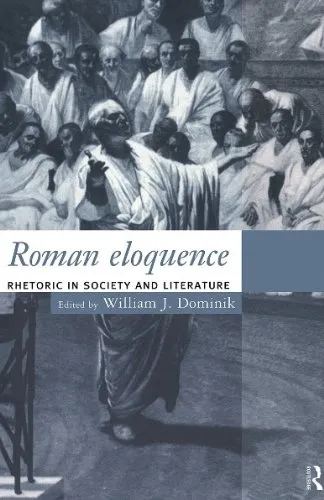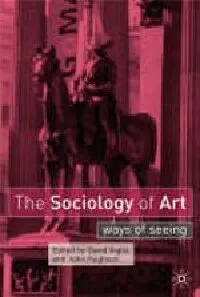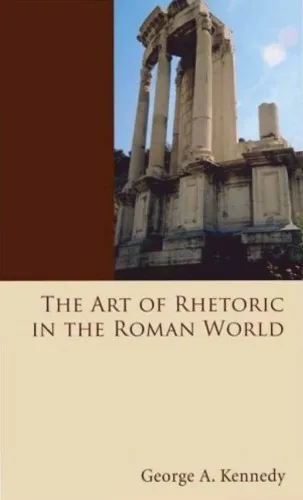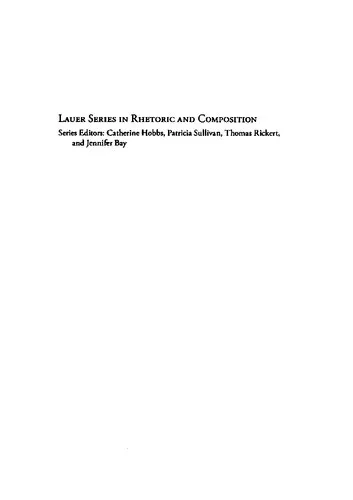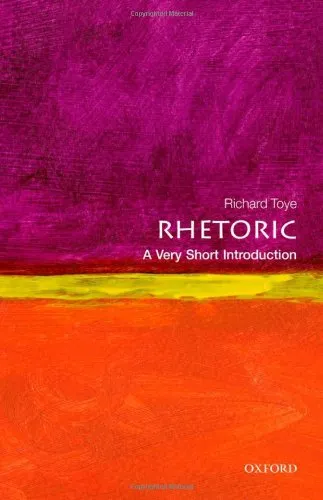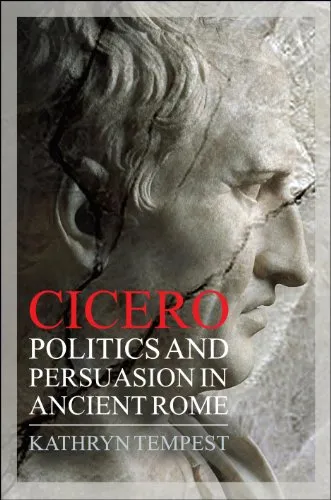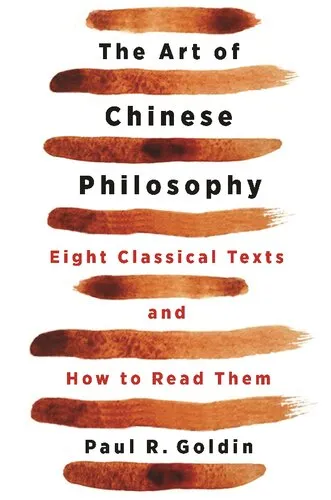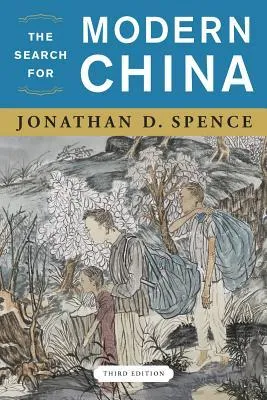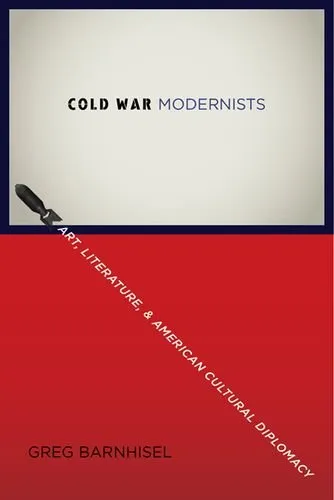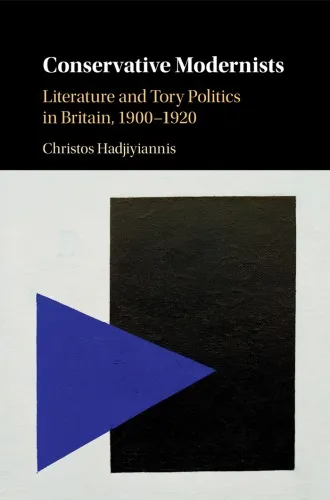Roman Eloquence: Rhetoric in Society and Literature
4.8
Reviews from our users

You Can Ask your questions from this book's AI after Login
Each download or ask from book AI costs 2 points. To earn more free points, please visit the Points Guide Page and complete some valuable actions.Related Refrences:
Analytical Summary
The book Roman Eloquence: Rhetoric in Society and Literature offers a meticulous examination of how rhetoric permeated the political, social, and literary life of ancient Rome. Written with scholarly precision, it navigates the centrality of persuasive speech in Roman institutions, from the Senate to the courts, and the influence of rhetorical traditions on the works of eminent authors.
Drawing upon contemporary research and classical sources, the study illuminates how oratory functioned not merely as a means of persuasion but as an art form deeply intertwined with civic identity and the moral fabric of society. The text dissects exemplary speeches, philosophical treatises, and literary compositions to reveal the symbiotic relationship between rhetoric and literature in this historical context.
Secondary themes such as “classical rhetoric” and “Roman literature” are woven throughout the narrative, guiding readers to appreciate the depth and diversity of Roman oratorical practice. Each chapter situates rhetoric in its societal framework, highlighting the rhetorical education system, the role of public performance, and the stylistic innovations that made Roman eloquence both a political tool and a cultural legacy.
Key Takeaways
Readers will depart from this work with an enriched understanding not only of the mechanics of Roman rhetorical style but also of its enduring relevance across centuries.
The book underscores the fact that rhetoric in ancient Rome was not confined to public speaking—it was embedded in the very texture of Roman life, influencing policy, legal outcomes, and philosophical discourse.
A key insight is the recognition of the deep entanglement between rhetoric and literature, demonstrating that literary works often served rhetorical purposes, and rhetorical techniques enriched literary artistry.
Another takeaway is the detailed exploration of rhetorical education, tracing the progression from early schooling in declamation to the mastery expected of statesmen and advocates, and noting its role in shaping citizen engagement.
Finally, the reader is invited to reflect on how the principles of Roman eloquence, grounded in ethos, pathos, and logos, still inform communication strategies in modern academic, legal, and political arenas.
Memorable Quotes
“Eloquence is the companion of peace, the ornament of prosperity, the refuge of the afflicted.”Unknown
“Words have power to persuade the mind, stir the heart, and move the will.”Unknown
“In Rome, speaking well was both a craft and a civic duty.”Unknown
Why This Book Matters
This book stands as a vital resource for scholars, historians, and anyone intrigued by the intellectual foundations of Roman civilization.
By bridging historical analysis with literary criticism, it serves as both an academic reference and an accessible guide for understanding how rhetoric shaped—and was shaped by—Roman society. Its focus on both societal and artistic dimensions of eloquence ensures comprehensive coverage of a subject often treated in fragments.
Information unavailable about publication year and any awards due to no reliable public source, but the depth and quality of the research indicate its established place within classical studies discourse.
Inspiring Conclusion
For readers committed to understanding the rich interplay between speech and society, Roman Eloquence: Rhetoric in Society and Literature offers a compelling, authoritative guide.
Through its careful analysis of oratory's role in shaping civic life and literary tradition, the book encourages us to reconsider how the art of persuasion continues to impact modern discourse. The secondary themes of classical rhetoric and Roman literature resonate through every page, making it a touchstone for both historical scholarship and contemporary communication.
Your next step is clear: engage with the arguments, share your interpretations, and discuss these timeless principles with colleagues and peers. The enduring lessons embedded in Roman eloquence invite not just academic reflection, but active application in the public sphere.
Free Direct Download
You Can Download this book after Login
Accessing books through legal platforms and public libraries not only supports the rights of authors and publishers but also contributes to the sustainability of reading culture. Before downloading, please take a moment to consider these options.
Find this book on other platforms:
WorldCat helps you find books in libraries worldwide.
See ratings, reviews, and discussions on Goodreads.
Find and buy rare or used books on AbeBooks.
1276
بازدید4.8
امتیاز0
نظر98%
رضایتReviews:
4.8
Based on 0 users review
Questions & Answers
Ask questions about this book or help others by answering
No questions yet. Be the first to ask!
